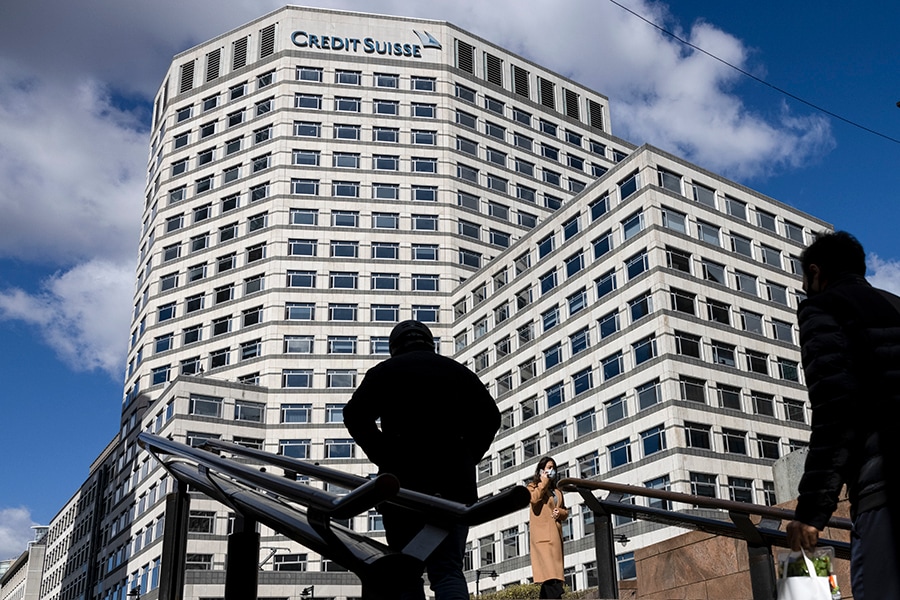
'It's déjà vu': Credit Suisse faces a big loss from familiar troubles
Credit Suisse's disclosed on Tuesday that it will lose almost $5 billion after its involvement with Archegos Capital Management, the collapsed investment fund that managed the wealth of Bill Hwang
 Image: Dan Kitwood/Getty Images
Image: Dan Kitwood/Getty Images
Credit Suisse’s disclosure Tuesday that it will lose almost $5 billion and remove two top executives after its involvement with Archegos Capital Management, the collapsed investment fund, has a familiar ring to anyone who lived through the last big financial crisis more than a decade ago.
Once again, hidden risks from opaque financial transactions have devastated a blue-chip bank, punished shareholders and ruined careers, raising questions about whether reforms to financial regulation went far enough.
Credit Suisse said it had enough capital to satisfy regulators, and there was no sign its problems were in danger of causing a broader financial crisis.
But its troubles with Archegos, the latest in a series of debacles that have battered the Swiss lender’s reputation, serve as a warning of the risks that may lurk in the financial system as bankers and investors try to earn returns when interest rates are at rock bottom and stock values are already frothy.
And the eye-popping losses showed that increased scrutiny of lenders during the last decade has not stopped some of the same kinds of behavior that caused the collapse of Lehman Bros. in 2008, setting off a financial crisis and severe economic downturns in the United States and Europe.
©2019 New York Times News Service




